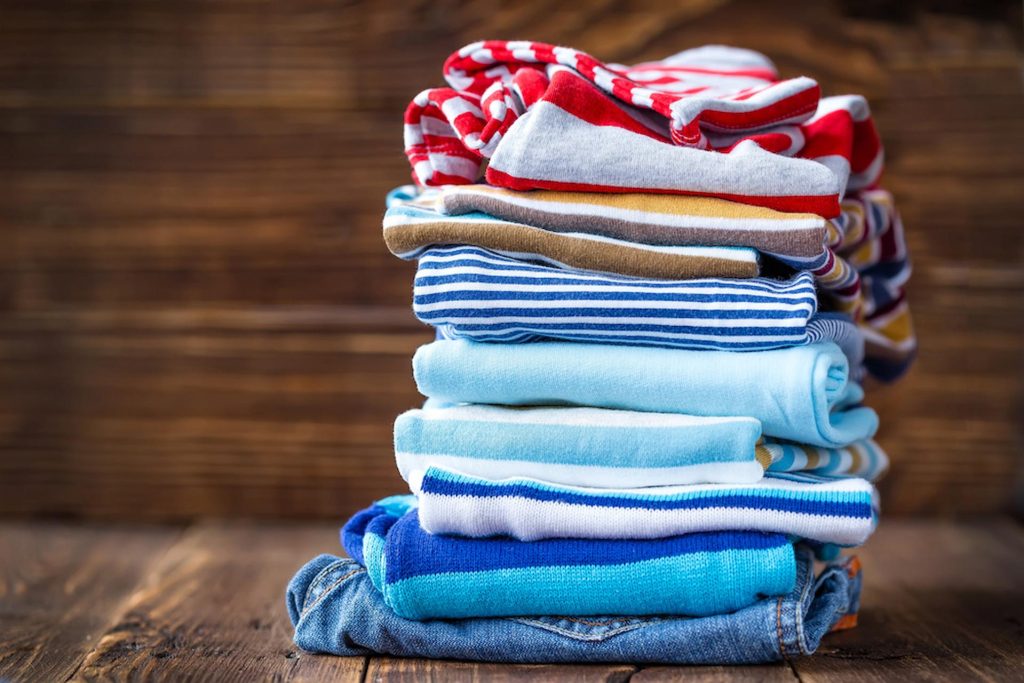Here is a crazy question: can a company sell both clothing and apparel? It is a legitimate question if you pay attention to how clothing retailers, like those who offer Short Sleeved Dresses, market their wares. The terms ‘clothing’ and ‘apparel’ appear together so often that it is hard to not assume they are separate things. But are they? That depends on your adherence to dictionaries. Check out here; the enchanted soul brand has just released a stunning collection of new style boho romper.
The dictionary definitions of the two terms are similar. However, they are not identical. Clothing is more generic while apparel is a bit more specific. That’s why companies can get away with advertising both in the same sentence. People with an affinity for detailed language would find drawing a distinction between the two easy. But if that is the case, it’s not fair using the terms interchangeably. If you are planning to start a clothing business and you need someone with knowledge and experience to help you start and grow the business, you may need to conduct a fashion executive search.
Clothing Is Generic
We discuss clothing in a very generic sense. Open your closet. It’s full of all types of clothing. You might have shirts, pants, a black sheer polyester zip up bomber jacket or even a winter coat. It is all clothing. The only time you have to distinguish between types is when you want to speak about a particular piece.
A good way to look at it is to say that all shirts are clothing but not all clothes are shirts. It is like saying all poodles are dogs but not all dogs are poodles. We understand clothing as a generic term encompassing all the things we wear.
Apparel Is More Specific
As we attempt to explain apparel, a dictionary definition would probably help. Here’s how the Merriam Webster online dictionary defines the word:
- Personal attire: clothing of a particular kind
- Dressed in fine apparel
- Used chiefly in U.S. English to refer to clothing that is being sold in stores.
It would appear is though apparel is a particular kind of clothing. What that means, exactly, depends on the situation. Apparel is also clothing sold in a store – this type of clothing is usually made by a custom screen printing service like DJ Print Lab as opposed to being made at home. So right off the bat, the clothing you made for your children when they were young doesn’t constitute apparel by the dictionary definition. As for clothes of a particular kind, we can use the Umai brand as an example.
Selling Anime Apparel
Umai is a boutique brand that advertises anime apparel. In short, their clothing consists of t-shirts, sweatshirts, and other items with Apprintable swing tags and anime-inspired artwork which could also includes jewellry which can be found for females and males, as there are some great options of a mens pendant necklace you can find sold online. That is what makes it apparel. It is clothing of a particular type: anime-inspired clothing.
Does that mean every t-shirt qualifies as apparel? That depends on the context of the discussion. If you are hoping to distinguish between t-shirts and shorts then, yes, you would be talking about apparel. But if you are lumping t-shirts in with an entire menagerie of informal clothing, they would just be t-shirts.
Could It Be Semantics?
If you are confused by the explanation of apparel, you are not alone. All clothing could be categorized as being of a particular type. Even homemade clothes not sold in stores are unique. They certainly qualify as being particular in some way. Why aren’t they considered apparel?
Perhaps we only have a semantic issue here. Maybe marketing pros prefer to talk about apparel because it sounds sexier than clothing. Perhaps it sounds more professional. Who knows? At the end of the day, the garments and sexy costumes you put on your body are clothing whether or not they are referred to as apparel by the store you bought them from.
And if you need Cheap Halloween Contacts for your next cosplay event, then make sure to check out what Cosplay Contacts Store has to offer.
Can that store sell both clothing and apparel? Apparently, it can. If management decides to use both terms, they can always lean on the dictionary definition to defend that choice. The rest of us will not care one way or the other.

